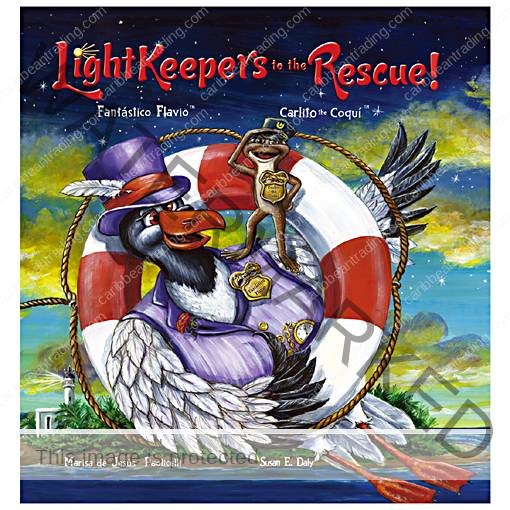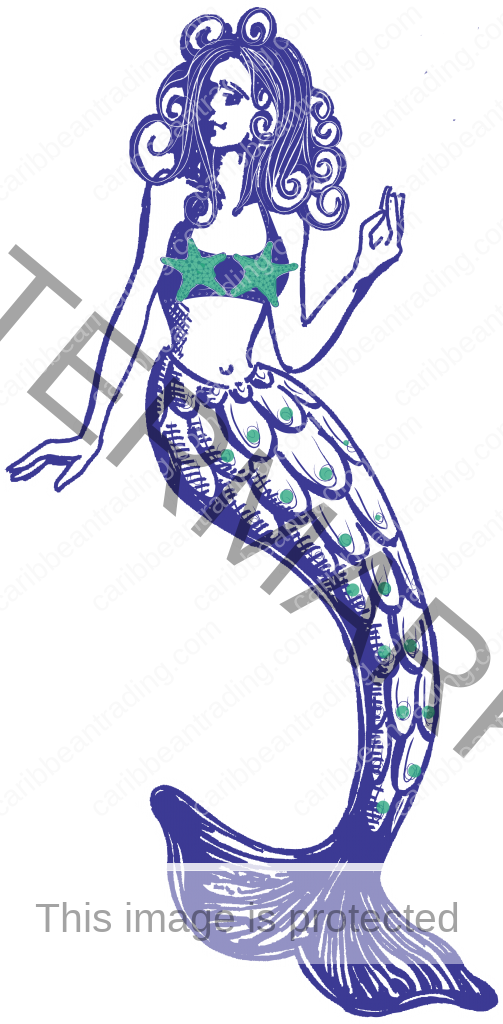Entertainment in the Caribbean
The Best Caribbean Literature for Your Reading List
The Caribbean is a region rich in culture, history, and storytelling. Its literature reflects a wide range of experiences, including the legacies of colonialism, the beauty of the islands, and the resilience of its people. For readers looking to explore the vibrant world of Caribbean literature, the works span multiple genres, from fiction and poetry to non-fiction and essays. Each writer brings their own voice, offering unique insights into the diverse societies that make up the Caribbean. Here are some of the best literary works from the region that should be on your reading list.
1. Wide Sargasso Sea by Jean Rhys
One of the most iconic works to emerge from the Caribbean, Wide Sargasso Sea (1966) by Jean Rhys is a post-colonial response to Charlotte Brontë’s Jane Eyre. This novel reimagines the life of Bertha Mason, the “madwoman in the attic,” giving her a voice and backstory. Set in Jamaica and Dominica, Rhys explores themes of racial inequality, colonialism, and the complexities of identity.
The novel is praised for its lyrical prose and vivid descriptions of the Caribbean landscape, which serve as a metaphor for the emotional turmoil of the characters. Rhys’ work deeply delves into the intersections of race, gender, and madness, making it an essential read for anyone interested in postcolonial literature.
2. A House for Mr Biswas by V.S. Naipaul
Winner of the Nobel Prize in Literature, V.S. Naipaul is one of the Caribbean’s most celebrated authors. A House for Mr Biswas (1961) is a seminal work that chronicles the life of Mohun Biswas, an Indo-Trinidadian man who struggles to assert his independence in a post-colonial society. The novel is a profound exploration of the immigrant experience, the search for identity, and the desire for personal space and freedom.
Naipaul’s sharp social commentary, paired with his keen observations of human nature, make this novel both humorous and tragic. Through Mr. Biswas’s life, Naipaul captures the complexities of Caribbean society in the mid-20th century, highlighting the cultural tensions that arose in the aftermath of colonialism.
3. The Brief Wondrous Life of Oscar Wao by Junot Díaz
Though born in the Dominican Republic and raised in the United States, Junot Díaz is deeply connected to the Caribbean through his writing. The Brief Wondrous Life of Oscar Wao (2007) is a Pulitzer Prize-winning novel that follows the life of Oscar, a Dominican-American nerd, as he navigates the challenges of his immigrant family and the curse that seems to plague them.
Díaz’s writing is a blend of English, Spanish, and street vernacular, creating a distinctive voice that resonates with many readers. The novel’s exploration of Dominican history, particularly the dictatorship of Rafael Trujillo, is masterfully woven into the personal stories of Oscar and his family, providing a deep and often humorous reflection on identity, love, and fate.
4. The Farming of Bones by Edwidge Danticat
Haitian-American writer Edwidge Danticat has become one of the most influential voices in contemporary Caribbean literature. The Farming of Bones (1998) tells the story of the 1937 Parsley Massacre, in which tens of thousands of Haitians were killed under the orders of Dominican dictator Rafael Trujillo. The novel’s protagonist, Amabelle Desir, a Haitian woman working in the Dominican Republic, narrates the harrowing events leading up to and following the massacre.
Danticat’s lyrical prose and haunting storytelling provide a poignant and intimate look at one of the darkest moments in Caribbean history. The novel explores themes of memory, trauma, and survival, offering readers an unforgettable glimpse into the deep scars left by violence and political oppression.
5. The Lonely Londoners by Sam Selvon
Though set in England, Sam Selvon’s The Lonely Londoners (1956) is a key work in Caribbean literature, capturing the experiences of West Indian immigrants in post-World War II London. The novel follows a group of Trinidadians and Jamaicans as they navigate life in a foreign land, struggling with racism, poverty, and the longing for home.
Selvon’s use of Creole English in the narrative brings an authenticity to the characters’ voices, highlighting the sense of displacement and alienation that many Caribbean immigrants felt. At the same time, the novel celebrates the resilience and humor of these characters as they forge new lives for themselves in a hostile environment. Selvon’s work remains relevant today as it addresses themes of migration, identity, and the complexities of belonging.
6. In the Castle of My Skin by George Lamming
George Lamming’s In the Castle of My Skin (1953) is a classic of Caribbean literature that depicts life in colonial Barbados. The semi-autobiographical novel follows a young boy, G., as he comes of age in a society marked by social stratification and British colonial rule.
Lamming’s portrayal of village life is both nostalgic and critical, as he examines the ways in which colonialism has shaped the Caribbean psyche. The novel is notable for its exploration of memory, community, and the impact of historical events on individual lives. In the Castle of My Skin remains a powerful meditation on the complexities of postcolonial identity and the challenges of forging a new future in the wake of colonialism.
7. Salt by Earl Lovelace
Trinidadian writer Earl Lovelace’s Salt (1996) is a profound exploration of postcolonial Trinidad. The novel delves into the legacies of slavery, colonialism, and independence, focusing on a group of characters who are grappling with the complexities of freedom in a society still marked by inequality and historical trauma.
Lovelace’s writing is both lyrical and incisive, capturing the rhythms of Caribbean speech and life. Salt is a meditation on the challenges of nation-building, identity, and the search for meaning in a world where the past is never fully erased.
8. Other Activities You Can Do in the Caribbean
While Caribbean literature offers a deep dive into the culture and history of the region, there’s much more to experience in the Caribbean beyond its written works. Travelers can immerse themselves in the vibrant local traditions, natural beauty, and recreational activities that the islands have to offer. Whether you’re a fan of relaxation or adventure, the Caribbean has something for everyone.
- Explore the Beaches: The Caribbean is home to some of the world’s most stunning beaches. From the pristine shores of Puerto Rico to the secluded coves of Saint Lucia, the region offers a range of coastal experiences. Visitors can enjoy activities like snorkeling, scuba diving, and sailing, or simply relax with a book in hand.
- Hike Through Rainforests: For those looking for more active pursuits, the Caribbean boasts lush rainforests that are perfect for hiking. Destinations like Dominica and Puerto Rico offer trails that lead to waterfalls, natural hot springs, and breathtaking vistas.
- Experience Carnival: If your trip coincides with Carnival season, don’t miss the opportunity to join in the festivities. Trinidad and Tobago’s Carnival is one of the most famous, offering music, dance, and colorful parades that showcase the region’s rich cultural heritage. For those who like nightlife you can also find many bars, casinos with free spins and more. The Caribbean night is unique
- Visit Historical Sites: The Caribbean’s history is deeply rooted in colonialism, and many islands have preserved landmarks from this era. In places like Cuba and Jamaica, you can visit plantations, forts, and museums that provide a glimpse into the region’s past.
- Taste the Local Cuisine: Caribbean food is as diverse as its literature. Indulge in local dishes like jerk chicken from Jamaica, Cuban ropa vieja, or the famous roti from Trinidad. Don’t forget to pair your meal with a tropical cocktail like a piña colada or a refreshing rum punch.
Conclusion
Caribbean literature offers a rich tapestry of stories, themes, and voices that reflect the complexities of the region’s history and culture. Whether you’re looking for fiction that delves into personal struggles or novels that explore broader political issues, the works mentioned here provide a comprehensive introduction to the literary world of the Caribbean. By diving into these stories, readers can gain a deeper understanding of the Caribbean’s unique blend of influences and the resilience of its people.







